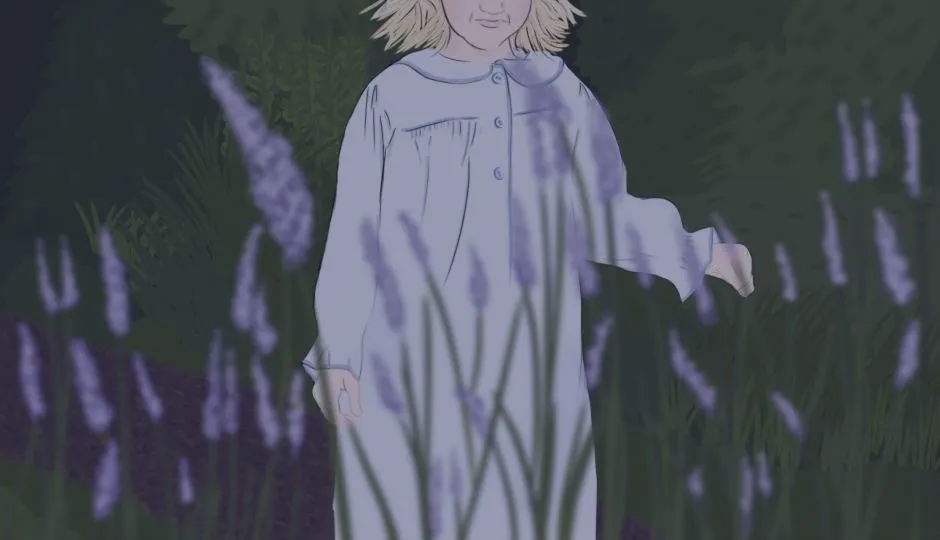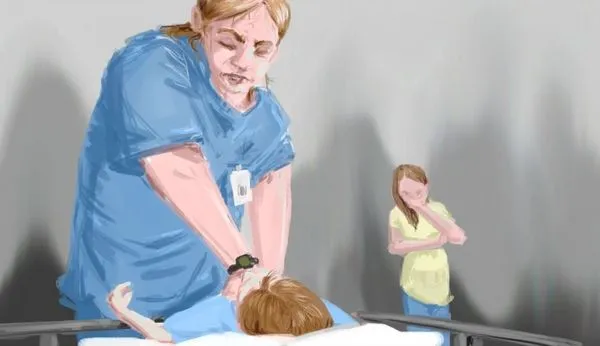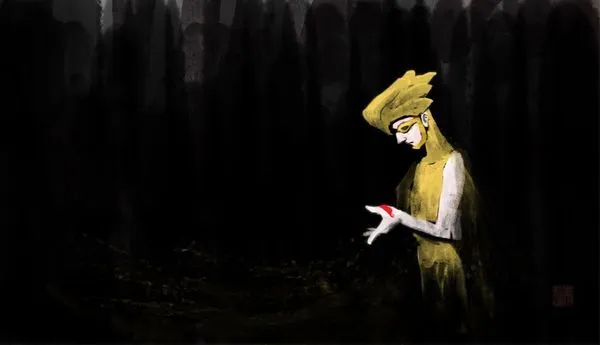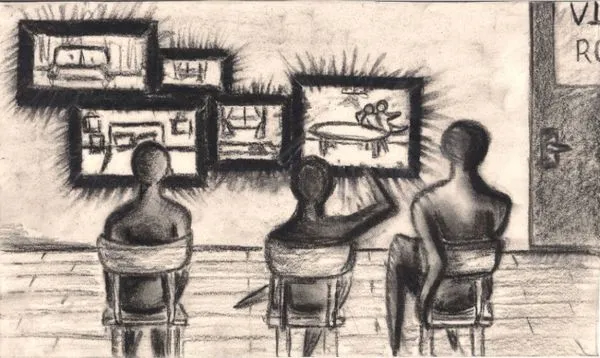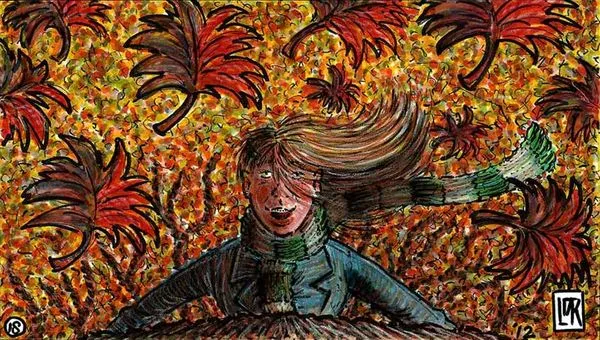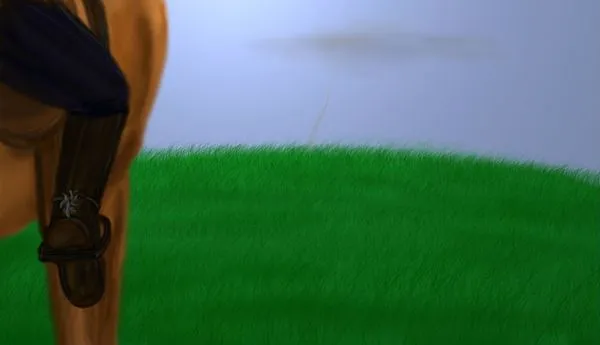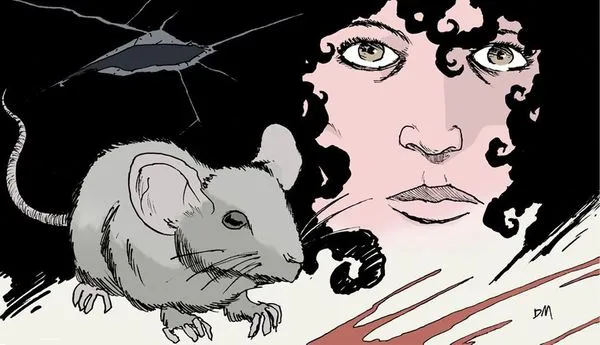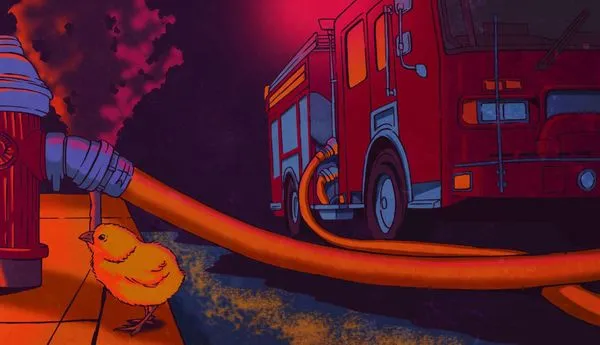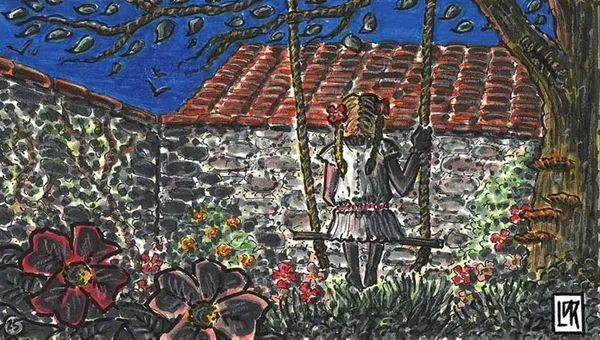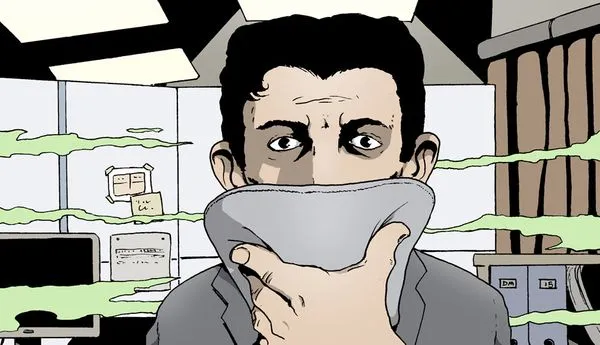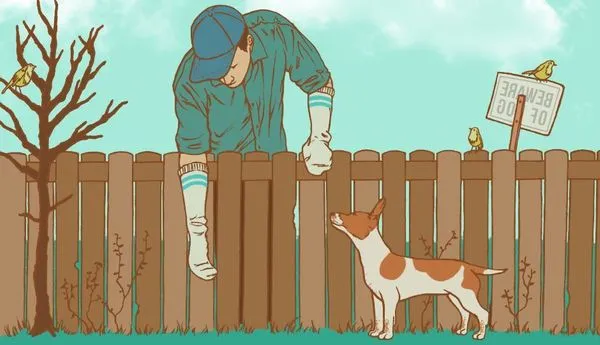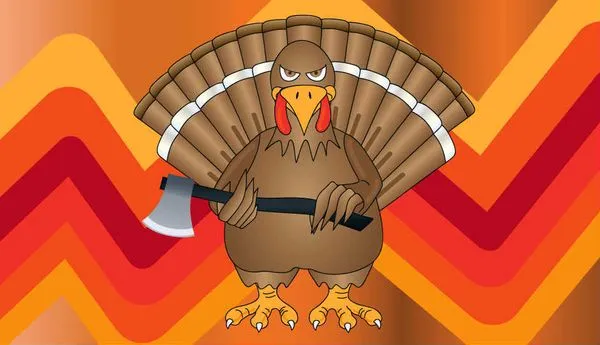Let Him Find Another Door
Published on 2014-07-25
She awoke in her little bedroom on the upper floor of her townhouse apartment. She pulled off the covers and rolled away from the spot of pee with her little boy at the center of it.
She swung her feet out of bed, sat on the edge and tugged her drenched nightshirt away from her hip and side. She shivered as cold and a wave of exasperation for having so far failed to solve this problem hit her. He was too old to be doing this, but she was too tired at the moment to conceive a solution different from that she’d been applying. To admit that loving acceptance wasn’t working was all she had the energy to do.
Moonlight, cut into bands by slats in the blind at the head of the bed, crossed the boy’s serene, porcelain face. Hands clasped now, she wondered when or even if she would ever dream again with such power as to block the sensation of cold pee on her skin. Exasperation departed; envy filled the vacuum.
She was about to wake him when she heard a weak, apologetic woof come up the stairs. She lifted her boy to a dry spot in the bed, drew a dry corner of the comforter over him. Then she left him for the crisis going on downstairs.
She found the dog standing on the square yard of peeling linoleum that was the floor of the entryway, tail wagging slowly, nose pointing at the door.
She released him. He stepped out. The looming complex amplified and reflected the clicks and scrapes of his long nails on concrete as he progressed against his pain, stopping every third or fourth step to rest and to toss a wistful glance at a shrub, a tree, the little sign that said, “Pick up after your pet — The Management.”
He arrived at a spot on the greenbelt between a pair of leaning, battered Malibu lights, their fluorescence as cold and bracing to her eyes as the night air was to her lungs. When he sniffed and pawed at the grass, she heard the rustle. Exasperation returned to her when she resigned to the fact that nothing she could do would hurry this process along. So she fumed for being put-upon by the dog’s need for pointless ceremony.
Soon the boy’s dream would end.
“Just go!”
To relieve her tension, she pulled on a nail sticking out from the wall at about eye-height. It slid easily out of the drywall. She stuck it back into the hole to leave it as a reminder to make an appointment for a new portrait.
The dog turned away from her, lifted his tail, dropped his hips just a little. As he released a jet she took some pleasure in musing on the curious application of the term ‘fixed’ to mean, ‘neutered.’
He lifted his white face to the moon, turned so as to present her with his profile. He’d been beautiful once, so beautiful he could be intimidating. Frightening. Glorious. She squinted at him, snapped him back into such focus that every detail stood in stark relief against every other detail, every hair along his knobby back, every protruding rib, every lump. He was hardly beautiful anymore, and he seemed to know it. He confessed it by licking his chops as if to say, “But I haven’t yet outlived my usefulness.” She heard only “pathetic” over and over. All creaky hips, all milky eyes, all yellow, broken teeth and thick, black scars in a baggy, underfed hide, a too-slowly dying record of adventures, confrontations, contests having as an end the acquisition of sticks, bones, tennis balls, frayed, useless rope. He was nothing now but a relic shivering in vapor rising from a foul puddle of his own making.
The jet splashed loud as that of a tall man peeing into a low toilet.
From upstairs, a cry from her boy. That he was awake, cold, and wet, was his fault. That he was alone was the dog’s fault. But if he woke the neighbors, it’d be her fault.
The dog, either too deaf or too self-absorbed to hear the cry, looked to dumpsters in the distance, across the parking lot.
“Come!” She’d wanted it to come out guttural, low, like a growl, but when she heard it thrown back to her by the looming complex, it sounded shrill, weak. Desperate.
So he did not come. He instead limped along the greenbelt, nose down, following a scent to garbage, or another stick, or bone. Or pile of shit. She resolved to go to the office in the morning to demand more signs.
Above, her boy cried out for his momma again.
She clapped her hands. The percussion registered in the dog’s stone ears. He turned, began slinking back toward the door, dawdling, sniffing at objects she thought were patently uninteresting, even to a dog.
More cries. The boy’s terror and confusion were rising.
“Mommy’s here!” She’d wanted it to come out soft, reassuring. Motherly.
But the boy had not heard, or if he had, he had not been reassured. He cried again.
“I have to get the … dog!” She’d wanted to curse. “Just go to the bathroom, sweetie!”
Disembodied, and from above: “No! I don’t need to!”
The dog was nearly to the door, nose-down, pawing at a nondescript spot on the concrete, turning up nothing but a racket. She scanned the complex, was struck by the sheer number of other doors, and by the fact all those other doors were indistinguishable from her own.
She shut the door, turned to make her way up the stairs, up to her boy. But she stopped for discovering him on the landing at the top, rubbing an eye with a fist. “It’s cold,” he said, teeth chattering.
“C’mon, let’s get you into some dry pajamas.”
But her boy’s expression was skeptical. “He’s still outside,” he said, with dissatisfaction.
“Yes.”
An impossibly loud scratch came from the door.
“Why?”
She was as unprepared for this line of questioning as she had been to see him at the top of the stairs. “Because he wants to be.”
From outside the door, she heard a weak, apologetic woof. Her boy had heard it, too. She could tell because he’d looked beyond her to the door. Another scratch set the boy to crying. She squinted up at him. “Don’t cry, sweetie. He’s happier out there, really.”
He composed himself. Between his sniffles, together they heard the old dog’s overlong nails clicking and scraping on concrete.

